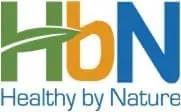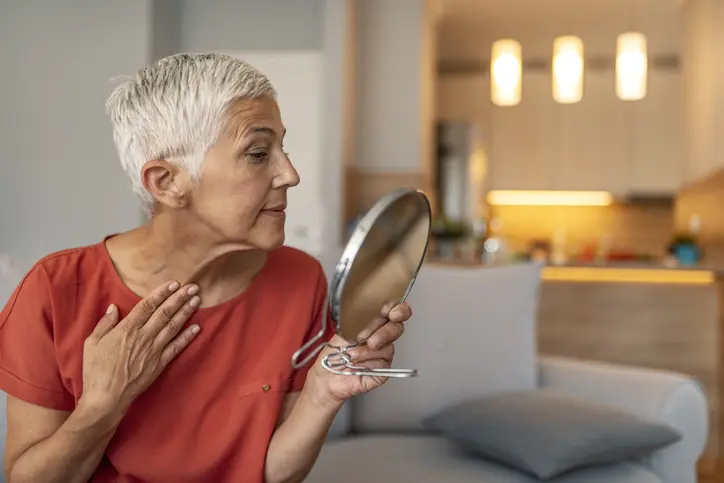Nov 10, 2016

There was a time when humans believed that the earth was flat simply because they were too close to the ground to see the curve. Evil spirits were thought to be the cause of disease until bacteria were finally observed just a little over 200 years ago. Viruses were harder to see and so took another hundred years. Obviously, those pathogens and carbon monoxide are among a slew of unseen things that can hurt us. Happily, it is also true that what you can’t see might HELP you.
Perhaps you have heard me mention on the radio show that, when I visited Dr. Ohhira’s probiotics facility in Japan, I noticed that classical music was playing. I mentioned to my guide that I thought it was a nice benefit for the staff. His reaction made it clear he thought I was naïve (or stupid). The music was for the bacteria! He said it helped them thrive.* I was tempted to think the company was a little wacky, but then I thought about how zealous Dr. Ohhira’s is about so many other factors—the special strains of bacteria they use…the many dozens of natural plant materials they feed them…and a fermentation process that takes at least 3 years. Also, I had heard something about classical music helping a baby’s brain development and adult learning, so perhaps they were on to something. But, babies are animal and bacteria are more like plants. Do plants listen to music? Maybe that is why talking to houseplants is supposed to help them grow (even if it does risk getting the talker called crazy).
Fast forward to an article I ran across about a German sewage plant that plays Mozart for the bacteria because their job is to break down the waste. Apparently, the vibrations of music (in this case opera) make them work faster and that means cost savings. Article. (So, we might not like the idea that our drinking water was refined from sewage by bacteria, but at least we now know that they have refined taste in music.)
What is even more like plants than bacteria are? Well…plants. Recently, CBS This Morning reported on an Italian vineyard that plays Mozart for its grape vines. They find that the vines become more robust. Also, the grapes on the vines closer to the speaker produce more sugar.
We do not see the sounds that affect how plants grow and bacteria behave. We also cannot hear that they talk to each other. In my book on the power of microbes (The Probiotic Cure), I discuss how intestinal bacteria communicate not only with each other, but also with our own body’s immune cells. (E.g. telling them when and where to attack an invader.) In the part of the book on dealing with Candida, I explain that these intestinal yeasts basically take a census. When they determine that there are enough yeast cells to take over, they become aggressive and we experience symptoms. Since I was aware of this type of communication, I was excited, but not shocked to hear that fungus and plants have a communication system at work out in the fields.
For example, in an interesting article, Fungus is the Internet of the Plant World, authors explain that when a bean plant is attacked by aphids, the plant creates chemicals that attract wasps. The wasps then help the beans by eating the aphid attackers. That system alone is mind-blowing. But, there is more. A web of fungus in the soil apparently warns neighboring plants to produce wasp bait even if they have not yet been attacked by aphids!
These stories made me smile. I hope they might also make readers a little less likely to think that I’m out in Lalaland when I occasionally discuss unseen things that affect us humans…like vibrations, negative ions, far infrared, pulsed electro-magnetics and sound therapy.
*I wonder if I aimed some Mozart at my belly, would my Dr. Ohhira’s Probiotics work even harder at all the thousands of important jobs they do for me? On the other hand, would my native bacteria revolt and make me sick if I continually exposed them to bad bagpipe music or a child’s early Flutophone practices?
<div style="text-align: left;">
<p>Article Source: <a href="https://hbnshow.com/newsletter/cant-see-might-help/" target="_blank" rel="noopener noreferrer">http://hbnshow.com/cant-see-might-help/</a></p>
</div>





